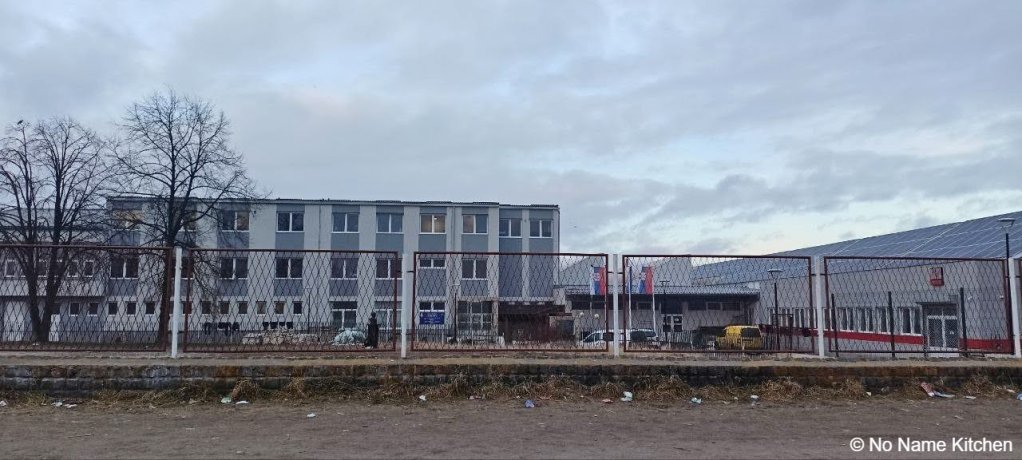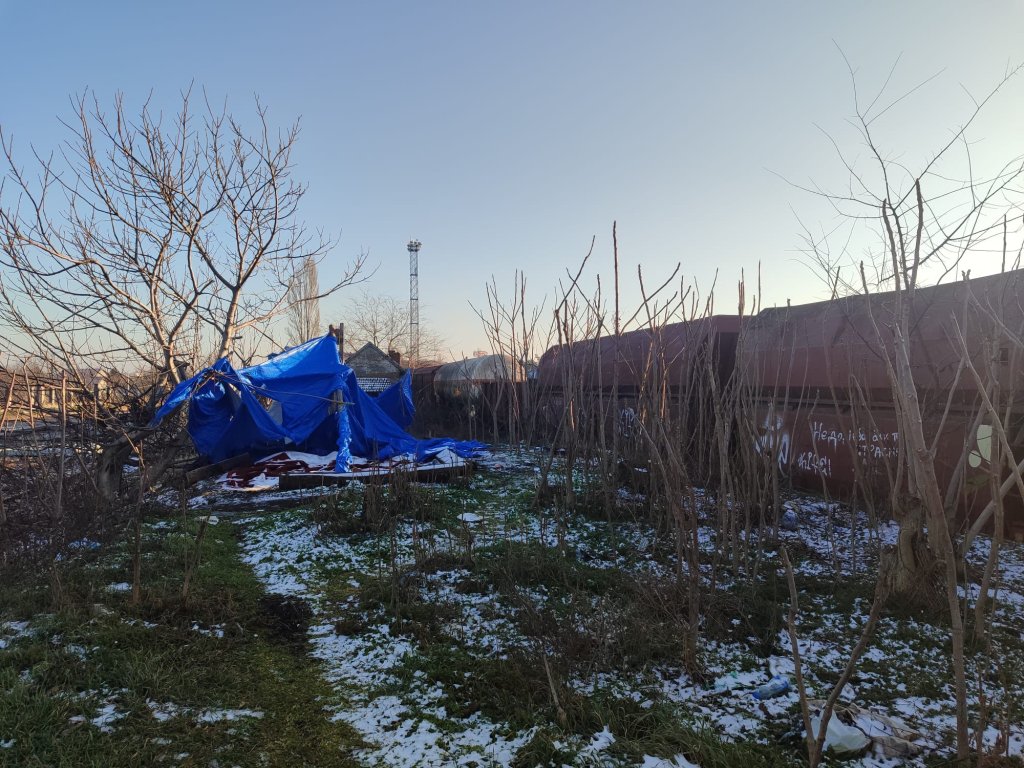Human trafficking experts and humanitarian groups warn that the closures will drive migrants to take more dangerous routes to reach northern Europe.
Human rights groups have warned that the closure of three migrant refugee shelters along the Balkan Route will prompt alternative routes that are equally perilous and riddled with smugglers and traffickers.
"This is just a strategy to prevent people from entering Serbia," said Alice Pezzutti of No Name Kitchen, an independent humanitarian organization that provides aid to people along the Balkan Route.
Pezzutti told InfoMigrants that the Serbian government had begun progressively closing migrant shelters last October. German news agency KNA reported on August 6 on the closure last week of at least three reception centers at the borders with Croatia, Bulgaria, and Romania.
The government's move to close the shelters is reported to be due to low occupancy related to fewer people transiting through the Balkans.
But Pezzutti contested this claim: "There may be less people along the Balkan route, but this is because the routes have changed."
"People will find another strategy to move. People will not stop moving," said Pezzutti, who also noted an increasing number of vehicular accidents related to the transport of people arriving irregularly into Serbia.

Last month, local news Juzne Vesti reported that a van transporting around 50 people overturned on the highway between Nis and Pirot near Bela Palanka, in southeastern Serbia.
Rados Djurovic, a migration expert and director of the Asylum Protection Center in Serbia told KNA that the closure of the camps would result in "the entire reception system ... sooner or later be(ing) outsourced to these smugglers."
A report by the British public broadcaster BBC in November stated that lethal exchanges of gunfire between smugglers and fatal car crashes have made the migrant route through the Western Balkans into the EU even more treacherous. But the violence and risk have not deterred people from attempting to cross the borders.
Overcrowded, unhygienic camps or the forest
Pezzutti also warned that the closure of the migrant shelters would make it more difficult to provide the aid that migrants and asylum seekers need.
One camp in Sid was closed and occupants moved to another more isolated place near the border of Croatia, she noted.
"There is no one receiving medical, legal, or humanitarian assistance in this area. These camps are supposed to operate under a humanitarian mandate but they are just control and detention centers," Pezzutti said.
In a report where migrant camp operations were observed for over three months, No Name Kitchen revealed squalid overcrowded living conditions where occupants did not have access to proper food, and hygiene.

Those who are not housed in the reception centers live in the open forest where they have no protection against the brutally extreme weather conditions of excessive heat in the summer and cold in the winter.
The International Organization for Migration recorded 44 deaths in the beginning of 2023 in the Western Balkans, but investigators believe that the actual number is much greater.
Read more: Migrants 'dying without a trace' on the Balkan Route
Dangerous but lucrative border
The border between Serbia and Hungary is heavily guarded and boarded up by fences, but that has not stopped it from being a popular route for migrants trying to enter the European Union and smugglers.
According to the Global Initiative Against Transnational Organized Crime, hostilities have been increasing along the Serbia border, particularly at the perimeter shared with Hungary.
Clashes have erupted between smuggling gangs who want to carve out their territory in the lucrative route. At least ten armed clashes between Afghan and Moroccan smugglers allegedly involving automatic weapons were reported between mid-2022 and late 2023 near the border fence between Serbia and Hungary.
Tensions escalated further in October last year, when three Afghans were killed and one wounded near the village of Horgoš, located on Serbia's northern border with Hungary.
Serbian police launched a large-scale crackdown on migrant smuggling, activating more than 800 police officers and members of anti-terrorism units and deploying helicopters and drones. Dozens of alleged smugglers were reportedly arrested, smuggling hubs were dismantled, and several migrant camps were closed.
The raids may have decreased smuggling, but they have not stopped it. Smugglers have simply rerouted their operations to Bosnia and Herzegovina, said the Global Initiative Against Transnational Organized Crime.
According to the rights group, the crackdown has also led to higher smuggling fees and a shift in routes, with traffickers adapting to the new situation.
Read more: Serbian police detain over 4,500 migrants in raids
